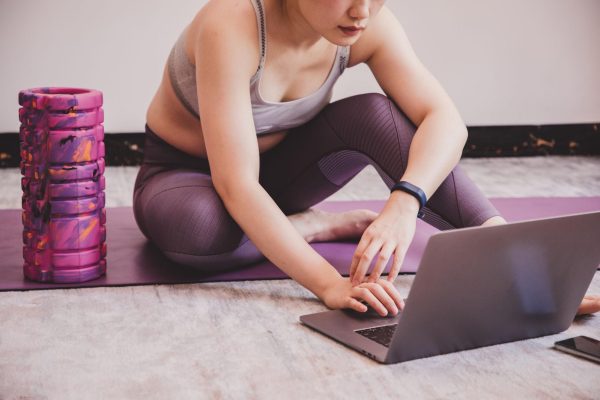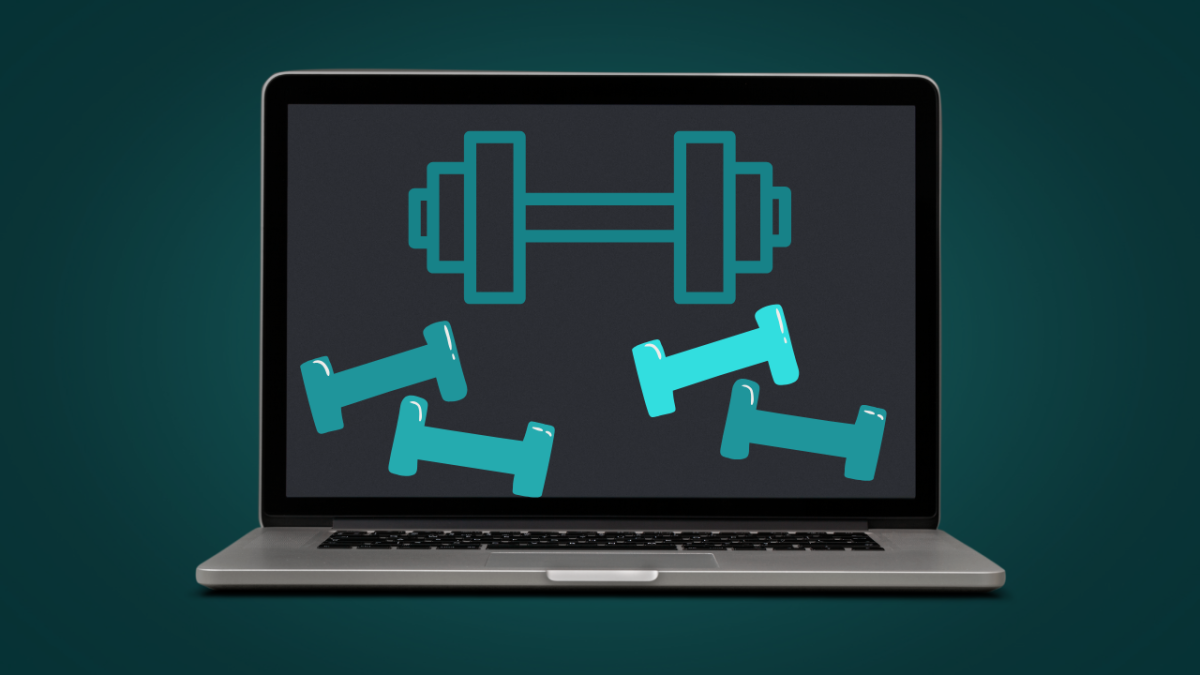In recent years, the intersection of mental health and physical well-being has become a key area of focus for educators, especially as they look for ways to support students facing mental health challenges. To help, more and more schools are going online.
According to the National Center for Education Statistics, about 21 percent of public schools and 13 percent of private schools offered any courses entirely online. Among public schools, a higher percentage of charter schools (30 percent) offered any courses entirely online, compared to traditional public schools (20 percent). Some solutions that are becoming more popular are

the integration of online gym classes fit to students who struggle with mental health issues and extending circumstances.
For many students dealing with anxiety, depression, or other mental health challenges, the traditional gym class environment can feel overwhelming. The pressure of performing in front of peers, meeting physical expectations, or simply attending class can be scary and anxiety-inducing. At The Morgan School, online gym classes provide an alternative that allows students to exercise in the comfort and privacy of their own homes, at their own pace.
Sophomore, Rylee Coffin, who participated in Online Gym, stated, “The experience itself was pretty easy. Like, an in-person gym gave me a lot of anxiety, so my guidance counselor and I decided doing an online gym was the best for me mentally.”
However, not just anyone can take online gym. You must have extending circumstances that do not allow you to take in-person gym. Mrs. Zdunzyk is a guidance counselor at The Morgan School and helps with organizing classes. Zdunzyk stated, “Students at the Morgan School can choose to take an online gym if their circumstances do not allow them to take an in-class gym. Whether someone has extending circumstances or if they break their leg and still need the credit, they can take an online gym.”
In the program, Coffin was tasked with answering questions on various topics, followed by completing projects, usually in the form of written paragraphs, after each topic was covered. Upon finishing all the topics, Coffin would take a comprehensive test that evaluated their overall understanding. Some of the topics explored included soccer, basketball, the Olympics, and tennis. She adds, “In the program, all I did was answer questions on a topic, and then at the end, when I finished all the topics, I would do a couple of projects.”
The program that is used is called Odyssey. According to Odyssey’s website, their mission is to provide students with a “quality high school education via the enrollment of online learning.” We offer resources and services necessary to build a well-rounded student experience.” Odyssey Online Learning is based in Chapin, South Carolina. They are a non-profit and, according to ProPublica, Odyssey online learning is designated as a 501(c)(3). This means that they do not have to pay taxes. ProPublica adds that “organizations for any of the following purposes: religious, educational, charitable, scientific, literary, testing for public safety, fostering national or international amateur sports competition (as long as it doesn’t provide athletic facilities or equipment), or the prevention of cruelty to children or animals” is included in the category of 501(c)(3).
As mental health continues to be a priority in education, online gym classes, as well as other online classes, provide a promising solution for students who may not feel comfortable or capable in a traditional gym class. By offering a flexible, non-judgmental space for students to engage in physical activity, these virtual programs help improve both mental and physical health, allowing students to feel empowered and supported. With the right resources and approach, online classes could be a key component in fostering a healthier, more resilient generation of students.



